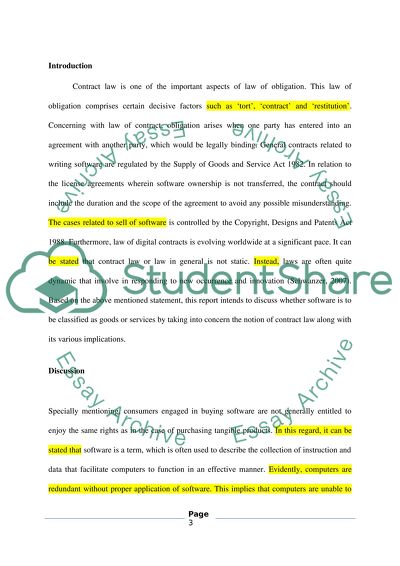Cite this document
(Information Technology Law Essay Example | Topics and Well Written Essays - 2500 words, n.d.)
Information Technology Law Essay Example | Topics and Well Written Essays - 2500 words. Retrieved from https://studentshare.org/law/1492660-ict
Information Technology Law Essay Example | Topics and Well Written Essays - 2500 words. Retrieved from https://studentshare.org/law/1492660-ict
(Information Technology Law Essay Example | Topics and Well Written Essays - 2500 Words)
Information Technology Law Essay Example | Topics and Well Written Essays - 2500 Words. https://studentshare.org/law/1492660-ict.
Information Technology Law Essay Example | Topics and Well Written Essays - 2500 Words. https://studentshare.org/law/1492660-ict.
“Information Technology Law Essay Example | Topics and Well Written Essays - 2500 Words”, n.d. https://studentshare.org/law/1492660-ict.


